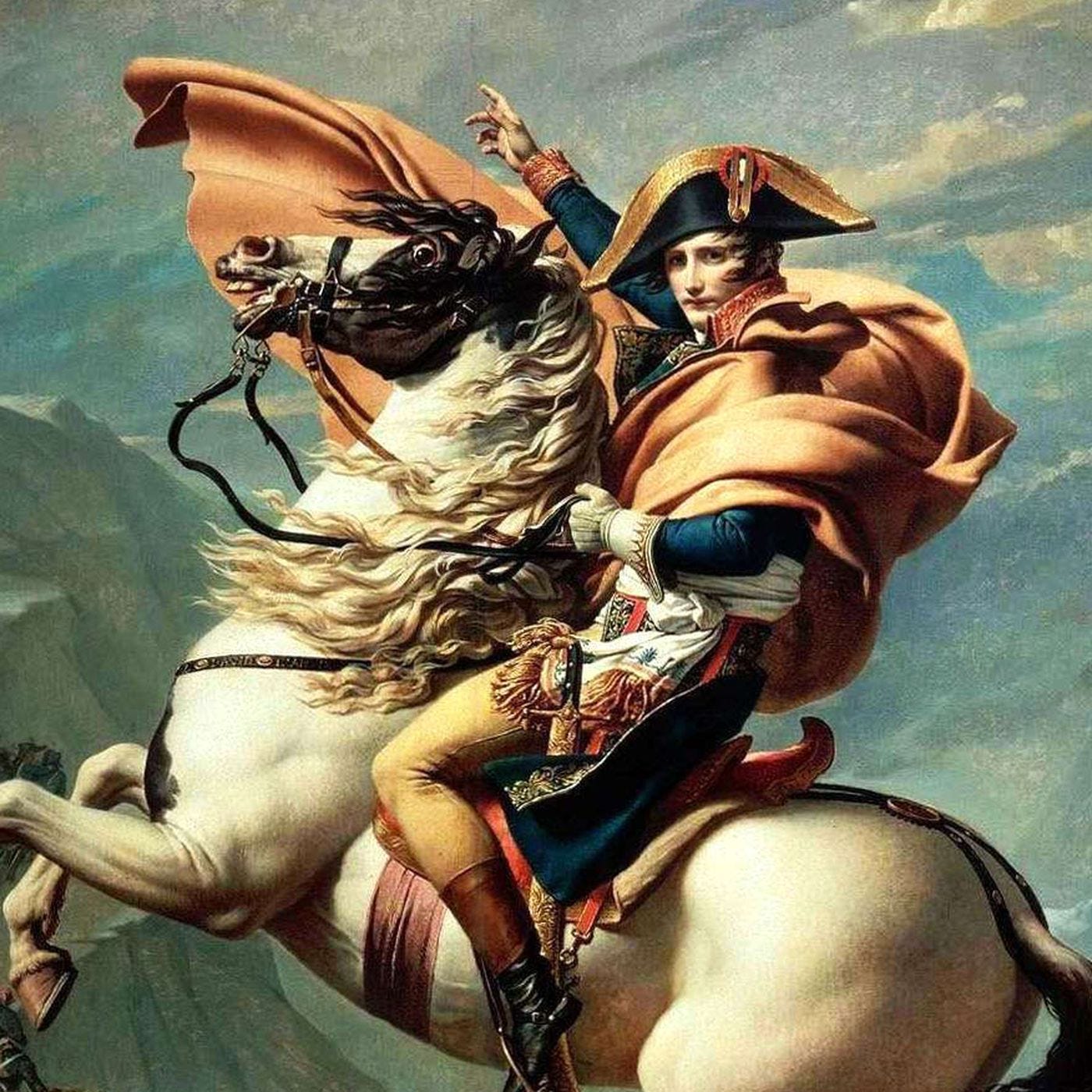Was Napoleon Bonaparte a Ruthless Dictator or a Great Leader? - Daily Dose of History
Impossible is a word to be found only in the dictionary of fools.
“The most effective way to destroy people is to deny and obliterate their own understanding of their history.”
― George Orwel
Napoleon Bonaparte, the French military leader and emperor, is a figure who has been both revered and reviled throughout history. While many argue that he was a great leader who transformed France and left a lasting impact on Europe, others see him as a ruthless dictator who caused immense suffering and destruction. In this article, I will explore both sides of the argument and present my own view on whether Napoleon was a good leader or an evil dictator.
The Case for Napoleon as a Great Leader:
Those who see Napoleon as a great leader point to his many accomplishments during his time in power. He rose to prominence as a military leader during the French Revolution and quickly established himself as one of the most talented generals of his time. He won a series of impressive victories on the battlefield, including the Battle of Austerlitz, which is considered one of the greatest military triumphs in history.
Napoleon also implemented a series of important reforms during his time as emperor of France. He introduced the Napoleonic Code, a comprehensive set of laws that abolished feudalism and established legal equality for all citizens. He also improved education and infrastructure, built new roads and bridges, and made significant advances in science and technology.
Moreover, Napoleon's influence extended beyond France. He conquered much of Europe, spreading the ideas of the French Revolution and introducing new legal codes and administrative systems to the territories he conquered. He also made significant contributions to the arts and culture, supporting writers, musicians, and artists who helped to shape the cultural landscape of the time.
The Case Against Napoleon as an Evil Dictator:
Despite his many accomplishments, there are also many who argue that Napoleon was a ruthless dictator who caused immense suffering and destruction. During his reign, he ordered the execution of thousands of political opponents, and he imposed a strict censorship regime that stifled freedom of speech and the press.
Napoleon's military conquests were also marked by violence and bloodshed. He waged war against much of Europe, leaving a trail of destruction and devastation in his wake. He is responsible for the deaths of countless soldiers and civilians, and his tactics of total war, which involved targeting civilian populations and destroying infrastructure, were widely criticized as barbaric.
Furthermore, Napoleon's regime was marked by a cult of personality that elevated him to godlike status. He styled himself as a "savior" of France and believed that his rule was essential for the good of the nation. His authoritarianism and desire for absolute power left little room for dissent, and his efforts to maintain control over his subjects often came at the expense of their rights and freedoms.
My View:
As with many historical figures, the truth about Napoleon's legacy is likely somewhere in between the two extremes presented above. While it is clear that he achieved many important accomplishments during his time in power, it is also clear that his reign was marked by violence, repression, and the suppression of dissent.
In my view, Napoleon was a complex and flawed leader who accomplished much but also caused much harm. While he should be remembered for his many contributions to the arts, sciences, and legal systems of his time, he should also be held accountable for his role in perpetuating war, repression, and suffering.
Ultimately, the legacy of Napoleon Bonaparte is a matter of interpretation, and the debate about whether he was a good leader or an evil dictator is likely to continue for many years to come.




